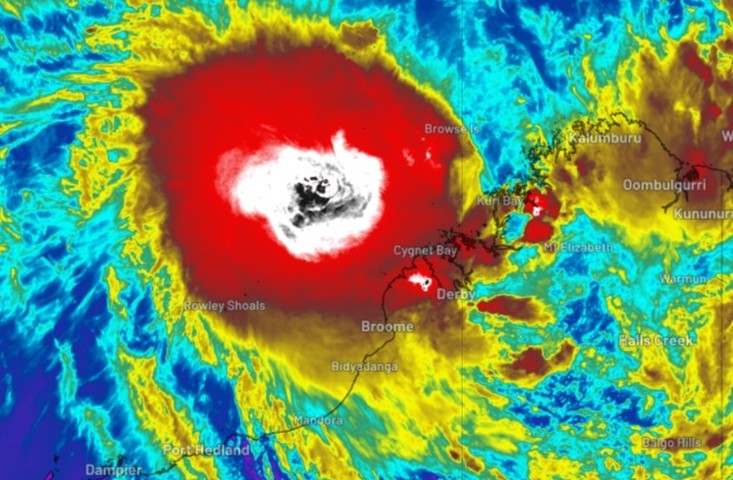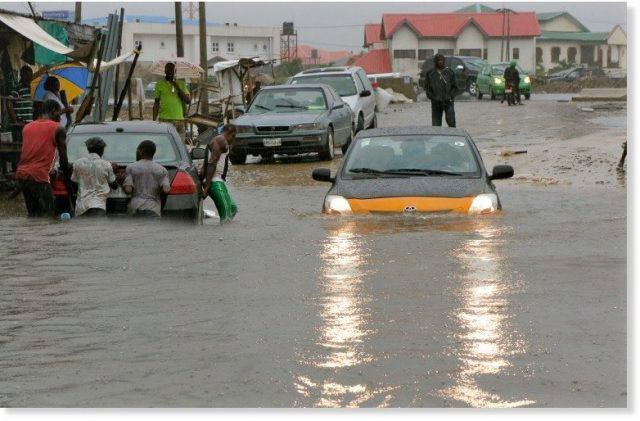Santa Ana Winds Threaten to Escalate LA Wildfires amid Grim
Aftermath
Los Angeles is on edge as firefighters brace for the return
of hurricane-force Santa Ana winds that could reignite and intensify two
massive wildfires, already responsible for 24 deaths and widespread
destruction. These fires, which have devastated areas comparable in size to
Washington, D.C., have left behind smoldering ruins and displaced tens of
thousands of residents.
The National Weather Service predicts gusts of 50 to 70 mph
across Los Angeles and Ventura Counties from early Tuesday through Wednesday,
amplifying fire risks. The issued "particularly dangerous situation"
red flag warning has heightened concerns about new fires sparking and existing
ones gaining momentum. Fire Chief Kristin Crowley emphasized, “We are not in
the clear.”
To combat this threat, over 8,500 firefighters are working
tirelessly, deploying air and ground resources to contain the blazes.
Authorities have strategically positioned teams across Southern California to
respond swiftly to any new outbreaks.
Among the largest fires, the Palisades Fire has ravaged
upscale neighborhoods on Los Angeles’ western flank, scorching 23,713 acres
with only 14% containment. On the city’s eastern side, the Eaton Fire has
consumed 14,117 acres and is 33% contained. Though smaller, the Hurst Fire is
nearly extinguished, with 95% containment. Meanwhile, a new fire in Ventura
County was quickly contained, underscoring the agility of firefighting efforts.
Amid this chaos, harrowing tales of survival and loss
emerge. John Adolph, an Altadena resident, recounted the inferno that consumed
his home. “Walls of flames two stories tall, tornadoes of fire. I was stupid
with a side of crazy to try to save anything,” he said.
The fires have destroyed or damaged over 12,000 structures,
leaving behind an apocalyptic landscape. Currently, 92,000 people remain under
evacuation orders, with thousands more on high alert.
The human toll continues to climb as search teams uncover
more remains in burned-out neighborhoods. Sheriff Robert Luna expects the death
toll to rise, calling the task of locating victims “very grim.”
California Governor Gavin Newsom described the disaster as
potentially the most devastating in U.S. history, both in terms of lives lost
and economic impact. Insurance claims are projected to reach historic highs,
further straining the state’s resources.
Compounding the tragedy, criminal activity has surfaced,
with 10 arrests reported. Nine individuals face charges for looting evacuated
areas, while one person was arrested for arson in Azusa. Legal battles are also
emerging; residents have sued the Los Angeles Department of Water and Power,
alleging mismanagement of critical water supplies during the Palisades Fire
outbreak.
On a national level, President Joe Biden expressed
condolences and announced additional disaster aid for California. However,
political tensions are evident, as Congressional Republicans criticize the
state’s leadership for alleged mismanagement of natural resources.
President-elect Donald Trump plans to visit the disaster zone after his
inauguration, further drawing attention to the crisis.
As residents begin the daunting process of rebuilding, banks
and insurers are stepping in to provide relief, offering eased mortgage
repayment conditions and evaluating claims for the unprecedented losses. Yet
for many, the road to recovery remains uncertain, with high winds threatening
to deepen the devastation.










